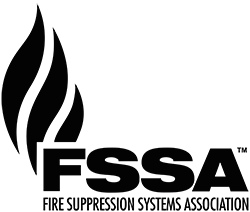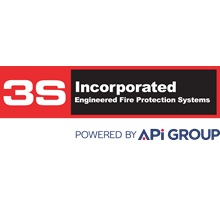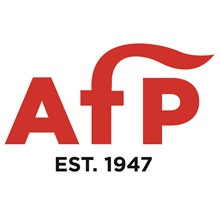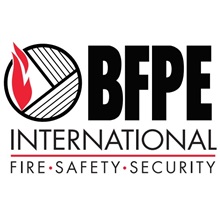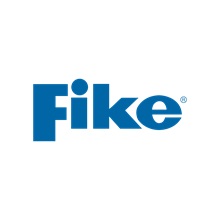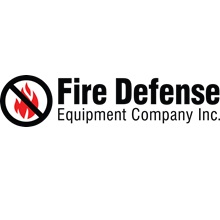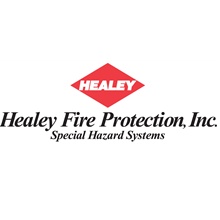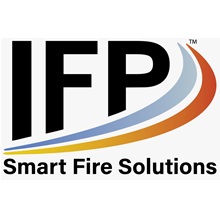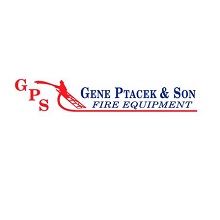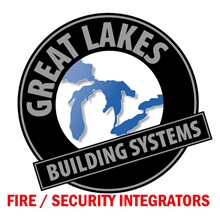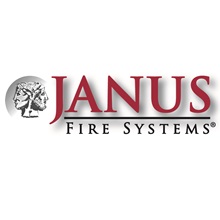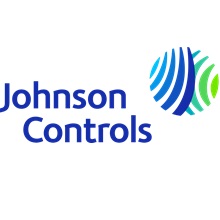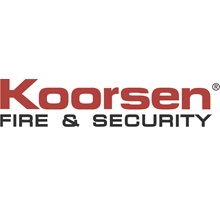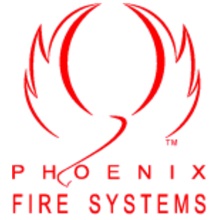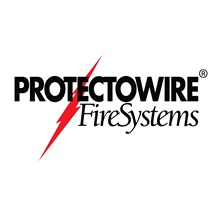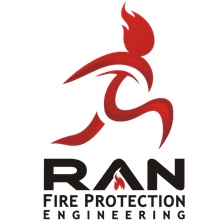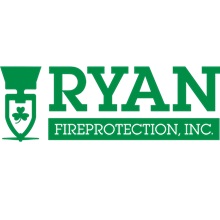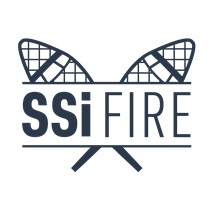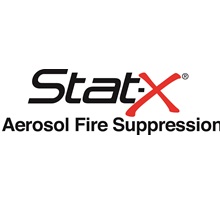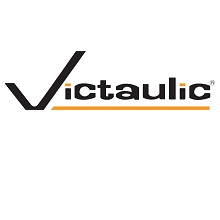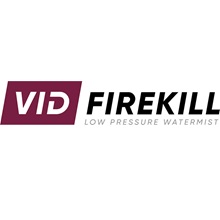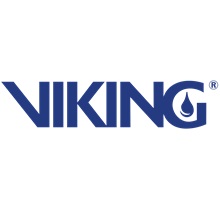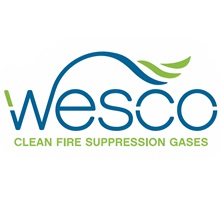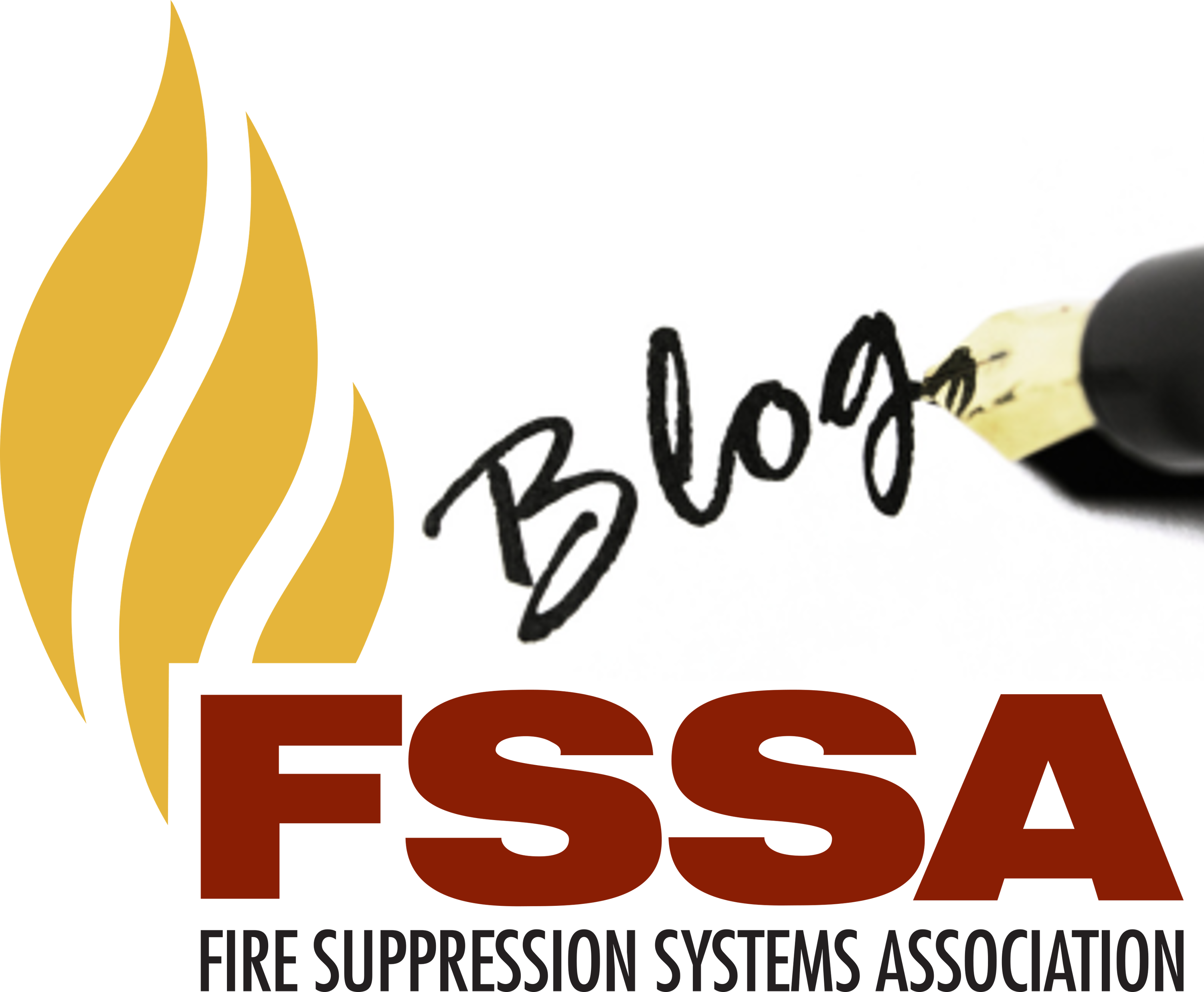NFPA 855: Why is Partnering with Organizations like FSSA, NFPA & ICC Important?
NFPA 855 Why is Partnering with Organizations like FSSA, NFPA & ICC Important?
Before I retire, I would like to see us be very consistent on the code. It is not easy. I try to do this just in the Phoenix area amongst our valley, fire marshals and we struggled to have the same exact code because we all are looking at things differently. In Phoenix, for those who don't know, we have the Brett Tarver accident. We lost a firefighter in a supermarket that was added on and added on and added on. He ended up getting lost in there. So, we had the Brett Tarver Sprinkler Ordinance that would basically sprinkle everything. It's difficult, but if I can get code consistency, it makes it easier for the industry. Because then you know that if you go to Phoenix, these are the rules, the same rules that if I go to Stockton, California or if I go to Long Island, New York. That's what I'm trying to do.
NFPA 855 is a good starting point. We are trying to get NFPA 855 done correctly and hopefully make it consistent so we can adopt NFPA 855. With consistency, we need training. We need training on the industry. So, you guys install them the same way and understand how to interpret and how to put forth a good battery system. We need to train our fire service to make sure that we all respond to these the same way. If I don't like using the term let it burn, I don't like that term. I want it to be more of a, “we're going to be a defensive fire”, which means “we're gonna let it burn”, but it sounds better on tv. That should be our goal, if we can, you know, be defensive and let these things burn itself out. We need training amongst the AHJs so that when you go to the middle of nowhere to put a battery system in, that the fire marshal has had access to different training to get them up to speed. We need to use organizations like the FSSA and other organizations to get the word out to get us all on the same page. Once you understand where I'm coming from and I can understand where you're coming from, that's where we start actually making real good codes. And that's what I'm looking for.
This is the fun part. This is what I need help with. I need more help with NFPA 855 and also with the ICC, the Fire Code Action Committee. You can go to the NFPA website. This is the standard that we're basically building to regulate your industry or your product or how you do things. So, the more participation we have, the better. You don't want me to be the only one in that room, making up rules because I can do that. I can make up a rule, but is it correct? Is it helpful? Does it really mean anything? So, the better, the more participation we get in all the different codes and standards, the better. So please, please, you have free time. I know no one has free time, but if you have some time and you can get away from it a little bit there's a lot of different code and standards that we really need help on.
Participate in the ICC. Same thing. The codes should be working together as opposed to working against each other. And that's kind of why I'm on both sides. To make sure that we build codes and standards that actually help each other out. They're consistent. Be open and transparent on lessons learned. This is a big one. Everyone signs an NDA, you sign an NDA for everything these days. But is that really helping us? If I don't know why we lost a battery, does that help me create better codes? Does that help us create better batteries? It's a tough, very touchy subject. I totally understand. But do NDAs really do that much for us? Do they really help us? Because I'd really like to know the lessons learned as soon as possible so we can change things that we need to change right now. Change technology, change safety, change codes. but try to be as open and transparent as we can to learn from what we've done, learn from our lessons.
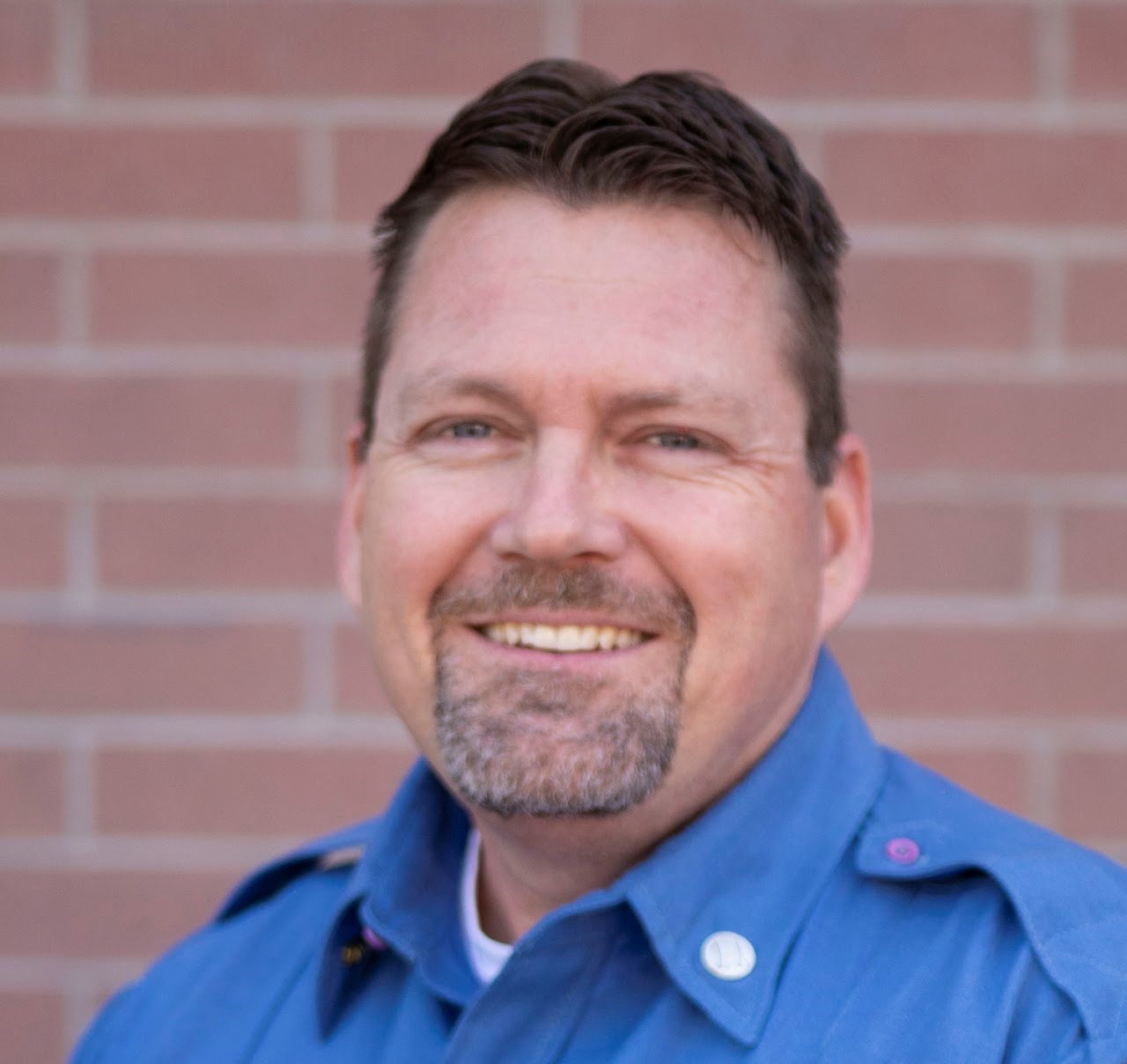 FSSA Series Presented by: Brain Scholl, Deputy Fire Marshall of the Phoenix Fire Department
FSSA Series Presented by: Brain Scholl, Deputy Fire Marshall of the Phoenix Fire Department
As a Deputy Fire Marshal that has seen the impact of ESS fires and incidents as well as a member of the NFPA 855 committee, Brian will share his perspective on how the code was developed, highlight lessons learned from serious ESS incidents, and how the code should be interpreted and applied. Brian Scholl is a Deputy Fire Marshal with the City of Phoenix Fire Department. Throughout his 22-year career, Deputy Fire Marshal Scholl has worked in many roles to include being the Public Information Officer and managing the Special Hazards Unit. This highly trained inspection unit inspects and permits any facility that stores, handles and uses hazardous materials including lithium ion batteries. Brian also serves on many different code technical committees to include NFPA 855, the standard for the Installation of Stationary Energy Systems and NFPA 420, the Standard on Fire Protection of Cannabis Growing and Processing Facilities.
Hear more from Brian first-hand at the upcoming FSSA 2024 Annual Forum which will be held February 22-26 in Phoenix, AZ.
Looking for more education on this topic? Videos are continuing to be added to the FSSA NFPA 855 Standard for the Installation of Stationary Energy Storage Systems Series playlist on YouTube. Subscribe to the FSSA channel for updates. Not an FSSA member? Join today and your entire company gains access to the FSSA Annual Forum, publications and communications, complimentary webinars, discounted training programs and more!
Take advantage of the FSSA new member promotion for Installers, Manufacturers, and Suppliers. This one-time introductory membership price is valid for any new member company or returning member company that has not been active in the last three (3) consecutive years.
